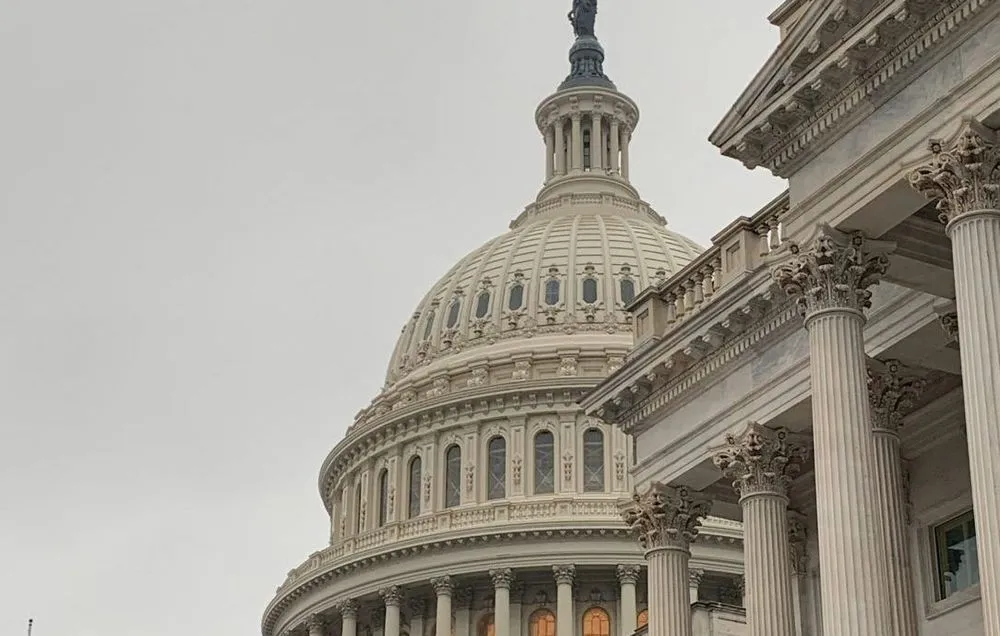House subpanel OKs $417 million boost for CISA
House appropriators on Thursday approved a Homeland Security Department funding bill that would increase the Cybersecurity and Infrastructure Security Agency’s proposed budget by roughly $417 million.
The House Appropriations Homeland Security Subcommittee breezed through a markup of its nearly $86 billion DHS spending bill, which includes $2.93 billion for CISA in fiscal year 2023 — well above the Biden administration’s initial $2.5 billion budget request for the agency.
The dollar amount is a $334 million increase over CISA’s enacted fiscal 2022 budget. The DHS cyber wing has seen hundreds of millions funneled into it accounts in recent years as the organization has taken a central role in defending the nation’s networks.
“Among the biggest threats to our national security is the threat of cyber attacks and intrusions,” House Appropriations Committee Chair Rosa DeLauro (D-Conn.) said in her opening statement.
“As our world moves increasingly online, and threats to our democracy grow, this bill responds by protecting our critical cyber infrastructure and communication systems with dramatically increased funding,” she added during the markup, which lasted less than 30 minutes.
Lawmakers approved the measure by voice vote but not before GOP panel members expressed their displeasure for the spending bill over the proposed funding for the three immigration agencies DHS oversees.
Ranking Republican Kay Granger (Texas) said the legislation “does nothing to seriously address the ongoing crisis at our southern border.”
House Democrats intend to pass most of their fiscal 2023 funding bills on the floor next month, however the homeland security measure could be delayed if Republicans dig in on immigration issues.
The full House Appropriations Committee is scheduled to markup the legislation on June 23.
Martin Matishak
is the senior cybersecurity reporter for The Record. Prior to joining Recorded Future News in 2021, he spent more than five years at Politico, where he covered digital and national security developments across Capitol Hill, the Pentagon and the U.S. intelligence community. He previously was a reporter at The Hill, National Journal Group and Inside Washington Publishers.



